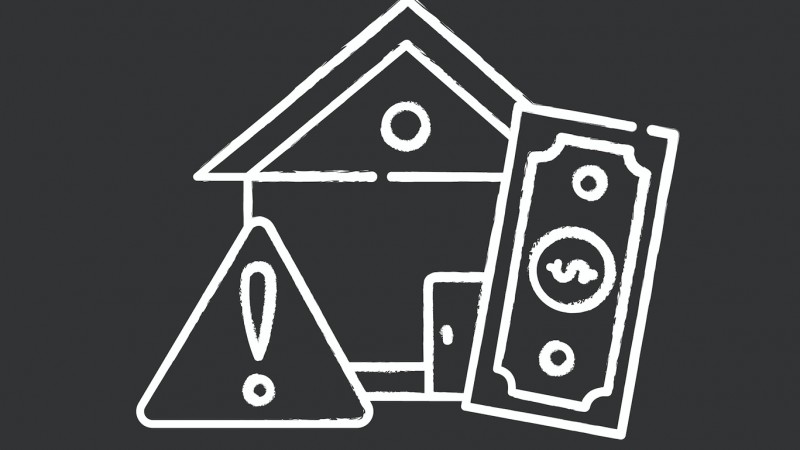Scams That Are Easy to Fall For
- Detalles
- Escrito por Remar Sutton
- Categoría: Articles

Scams are so common today that most of us think we've learned to identify and avoid them. That's probably true for any obvious scams. But many less obvious or better disguised scams are easy to fall for. Every day, smart, savvy people get trapped by the following scams. Here's how they work and what you can do to protect yourself.
Every day, smart, savvy people get trapped by the following scams.
Facebook Giveaways
We've all seen the numerous giveaways on Facebook that offer you a chance to win "___" just for liking, sharing, commenting, or filling out a survey. Fill in that blank with many items such as high end vehicles, tech gear, smartphones, coupons, gift cards, vouchers, tickets, or other items. Many of these giveaways are scams. Some of the more recent scam giveaways include a Range Rover, iPhone 7, outdoor play house, $75 Aldi Coupon, $50 Kroger Check, $75 Safeway Coupon, Free Airline Tickets from many different airlines, and free Sharpie Marker set.
Many of these scams are setup to collect your name, address, email address, and phone numbers. The impact can vary from an increase in junk emails/phone calls/messages, to stealing your identity.
There are legitimate giveaways on Facebook. Look for the "blue tick" for a verified Facebook page or the official Facebook page of a trusted brand. Otherwise, protect yourself and others by not participating in the giveaways.
This article, Did you participate in a competition or giveaway on Facebook?, from SafeonWeb provides more details.
Charity Scams
There are thousands of charities in the U.S. They solicit donations in a variety of ways, such as mail, phone call, email, social media, television, and in person. Do you check out a charity before you donate? If you don't, your donation might go to a scammer. Scammers like to use emotional appeals or take advantage of disasters in the news.
These tips can help you be an informed donor.
-
Never give on impulse, even if it's just a couple of dollars.
-
Check out the charity before giving. The BBB Wise Giving Alliance, CharityWatch, Charity Navigator, and GuideStar provide resources to help you assess charitable organizations.
-
Beware of names that are similar to well-known organizations. Scammers use similar names to trick people into giving.
-
Give by check or credit card not cash.
-
Keep a record of your donation.
-
Don't provide your financial information over the phone unless you initiated the call. Never send your financial information in an email.
This article from the FTC provides a charity checklist and signs of charity scams.
Tax Scams
Tax scams occur all year round not just during tax season. Scammers use email, letters, and phone calls to steal money, personal information and financial information. Many of these are new twists on old scams. Scammers typically demand immediate payment and specify exactly how it must be made and may use threats and other scare tactics. This IRS article describes current scams.
You can recognize these scams by knowing what the IRS does and doesn't do. The IRS:
-
Initiates most contact through a letter or notice delivered by the U.S. Postal Service.
-
If you owe taxes, the IRS will send you a bill.
-
Doesn't initiate contact through email, text, or social media.
-
Doesn't request personal or financial information that they already have.
-
Doesn't threaten taxpayers with lawsuits, arrest, or other enforcement actions.
-
Can't revoke your driver's license, business license or immigration status.
-
Won't demand immediate payment using a specific payment method such as a prepaid debit card, gift card, or wire transfer. Nor will they ask for credit or debit card numbers over the phone.
-
Won't demand that you pay without the opportunity to question or appeal the amount they say you owe.
This article from the IRS describes how you can know it's really the IRS calling or knocking on your door.



































